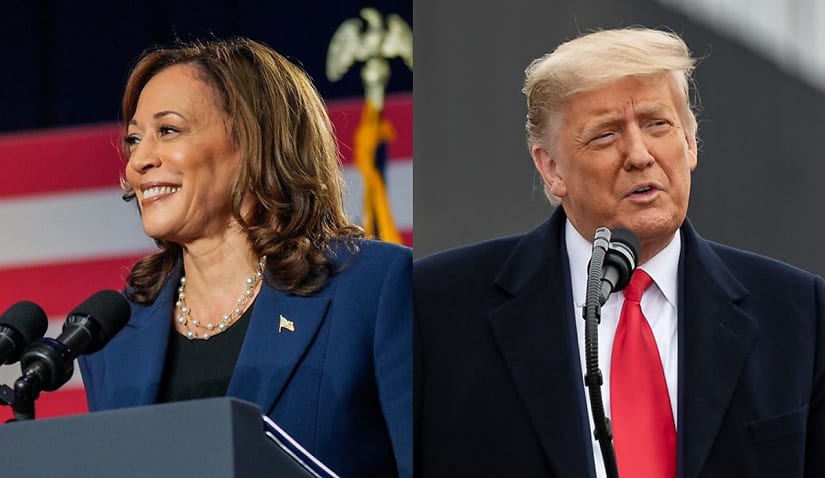General counsel should be preparing for different scenarios ahead of the presidential election in the United States, with the impact of either outcome on regulatory agendas across the globe uncertain, says an advisory firm.

According to global research and advisory firm Gartner, given the uncertainty surrounding the impact of November’s election between Vice President Kamala Harris and former president Donald Trump on regulatory agendas worldwide, law department leaders should prepare different scenarios contingent on the result now to anticipate the risks.
In the month since she assumed the Democratic nomination from incumbent President Joe Biden, Trump’s advantages in critical swing states that will likely decide the election (e.g. Michigan, Wisconsin, Pennsylvania) were all but wiped out.
Now, the race appears to be a coin flip.
Gartner’s director of research in its legal and compliance practice, Laura Cohn, said: “GCs typically respond to major events or rulings after they occur, but to plan ahead, GCs should analyse which regulations are critical to the business, anticipate the major differences between the two potential administrations, and advise senior leaders and the board on the risks.”
“Stakeholders will want to know the risks and be prepared for them, no matter what the outcome of the election is.”
Considering the varying regulatory philosophies between the parties of Harris and Trump, Gartner suggested that law department leaders determine which regulations and policies are most critical to the organisation and where there is a likely and significant difference between the possible administrations.
Considering such factors, the firm posited, will help organisations focus their scenario-planning efforts ahead of the November election.
While Gartner’s recommendations pertain to the experience of US-based GCs, there are undoubtedly Australia-based in-house lawyers, including and especially those in global companies, who could benefit from taking such an approach.
Moreover, law department leaders should be using existing regulatory tracking systems to map out the risks and potential changes, prioritising which regulations are most critical to the business, Gartner continued.
“GCs can facilitate an assessment of possible regulatory change by asking questions about the organisation’s exposure and potential response,” it said.
“It will be key to determine in advance whether there are specific actions the company should take following either election scenario. It is also important to understand how such actions could change as a new regulatory agenda emerges – and whether acting early will reduce risk.”
When such considerations pose medium or high concern, the firm concluded, the efforts of the law department to prepare will have a “significant impact” on the organisation’s capacity to respond to the event.
“Companies today face a wider swing in regulatory priorities contingent upon election outcomes than they have in the past,” Cohn said.
“Identifying and planning for potential regulatory changes critical to the organisation today will help GC and their stakeholders react to post-election policy activities.”

Jerome Doraisamy is the managing editor of professional services (including Lawyers Weekly, HR Leader, Accountants Daily, and Accounting Times). He is also the author of The Wellness Doctrines book series, an admitted solicitor in New South Wales, and a board director of the Minds Count Foundation.
You can email Jerome at: